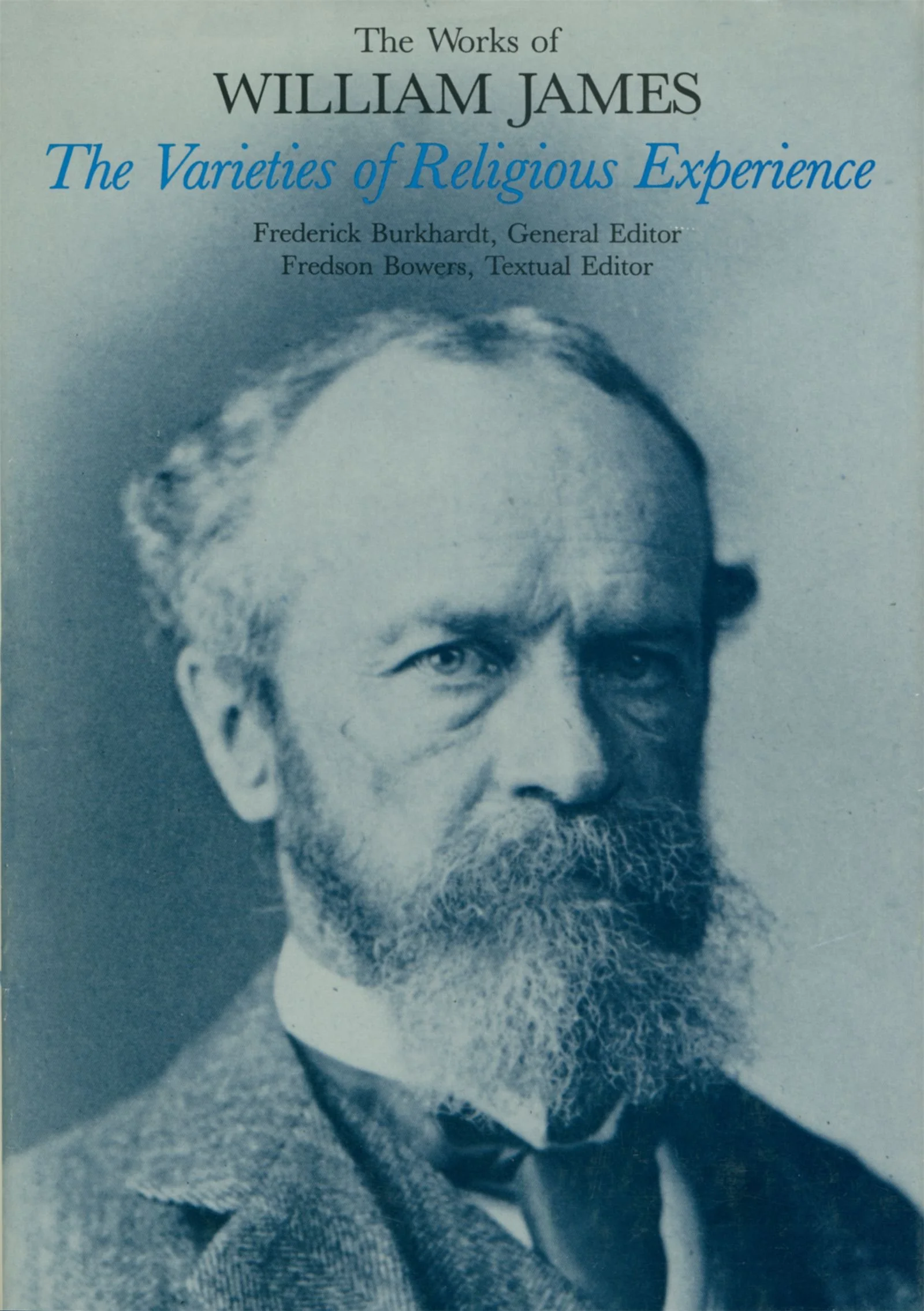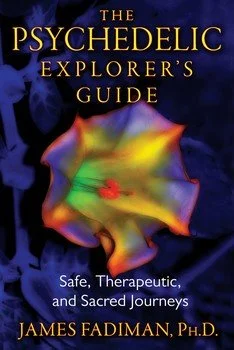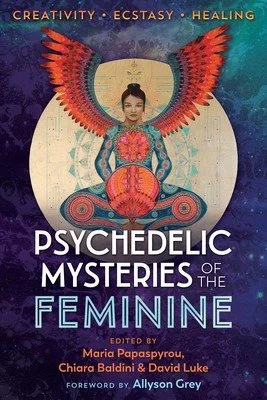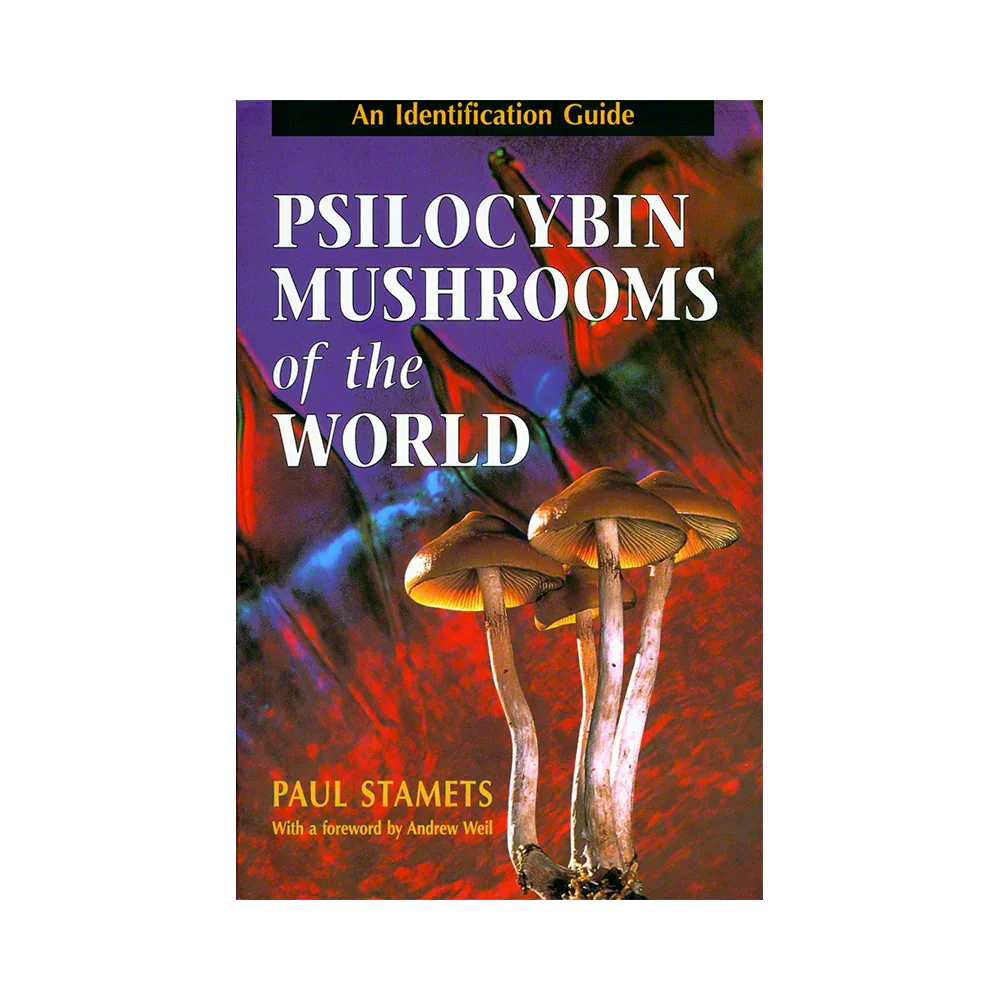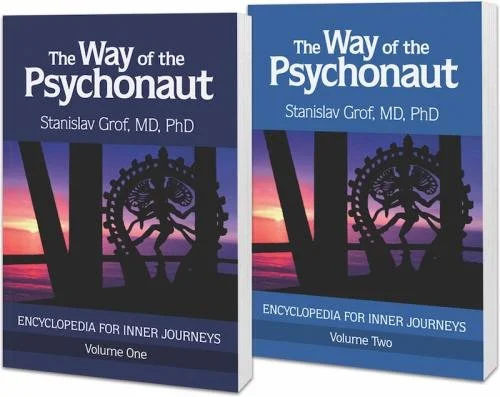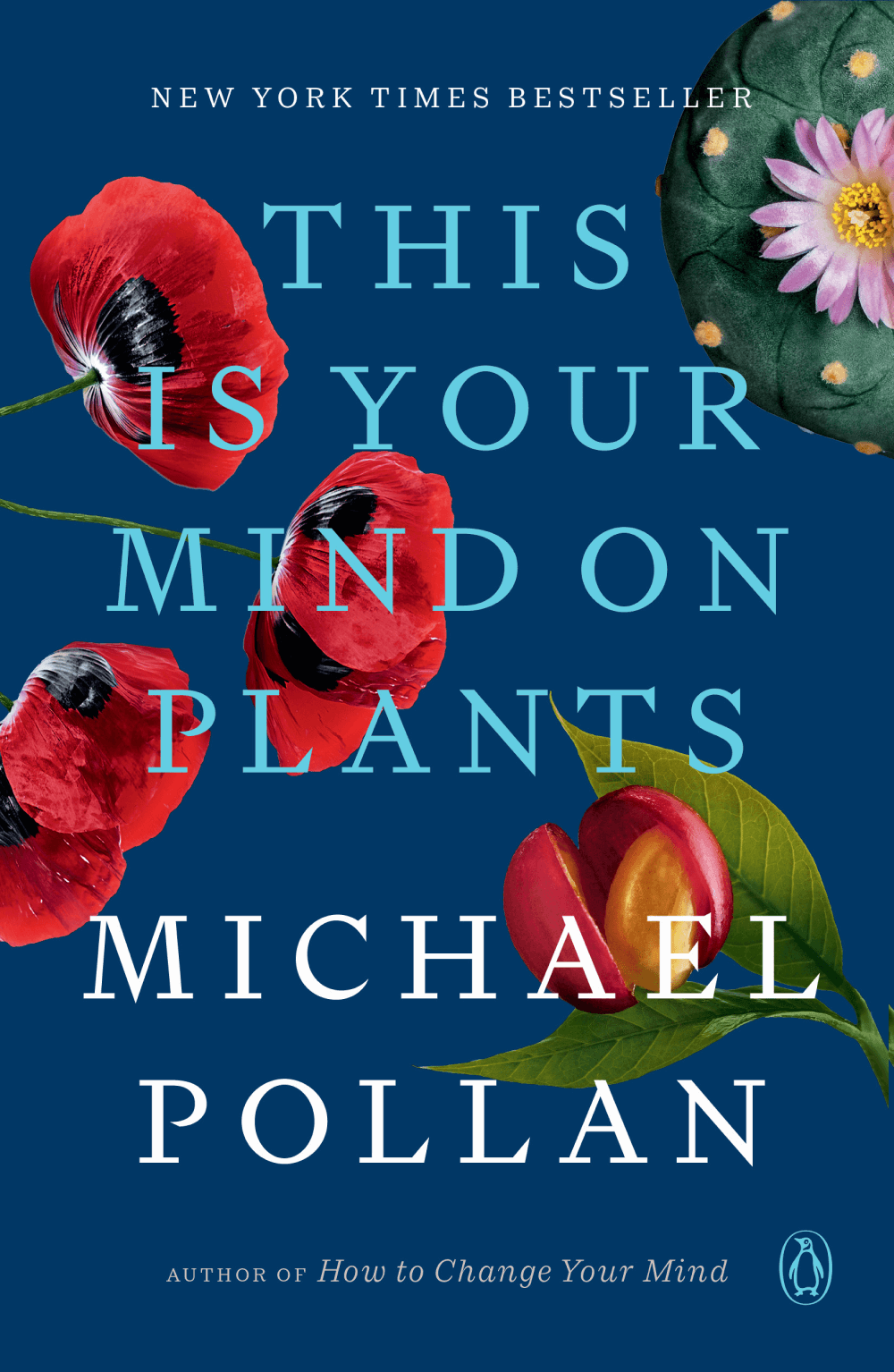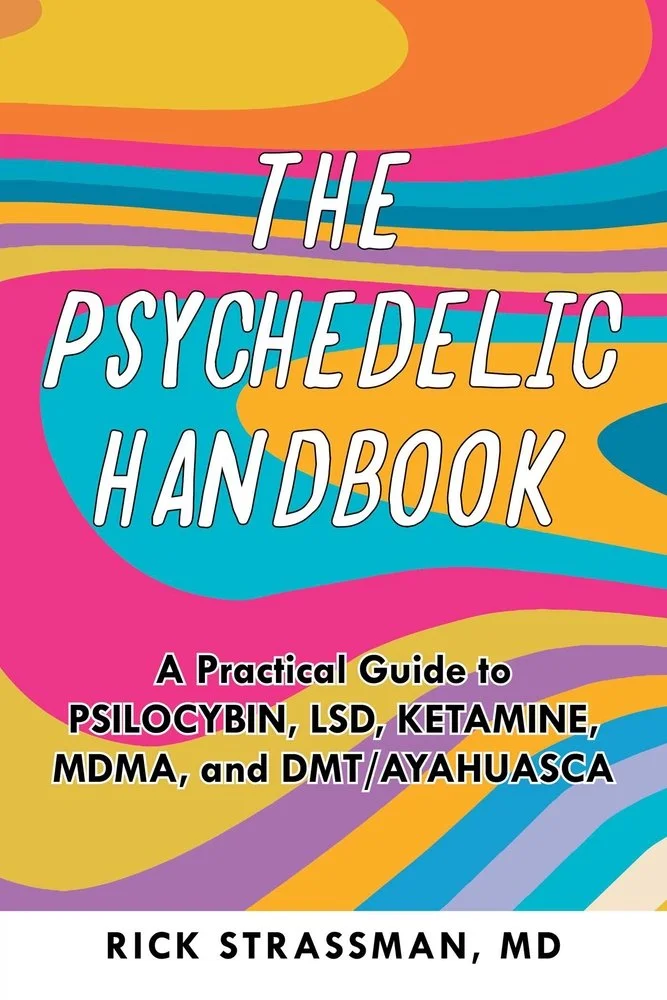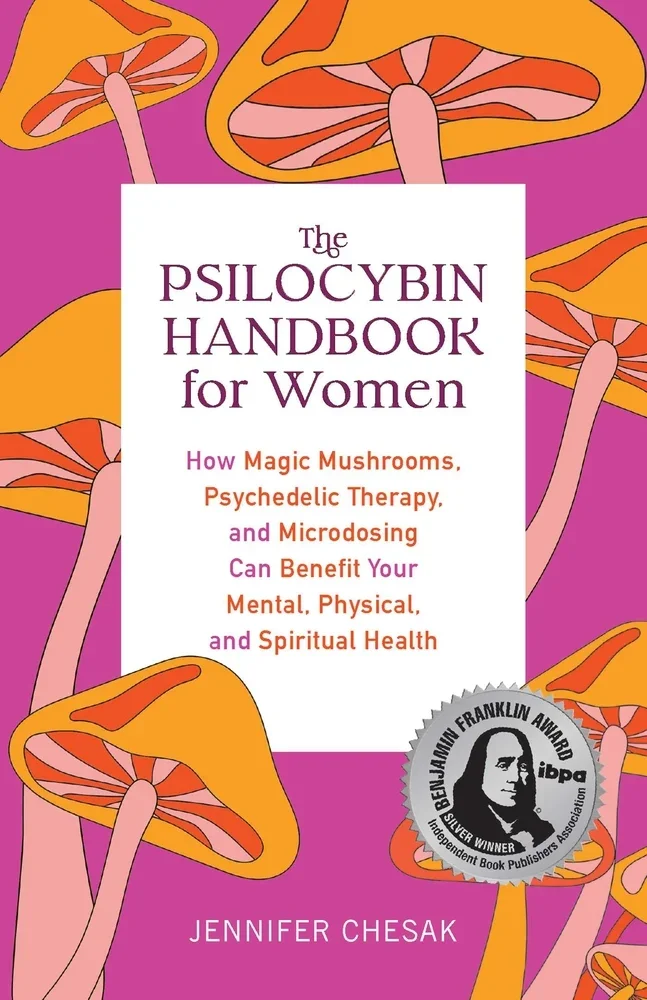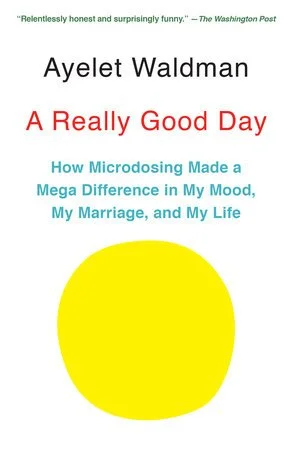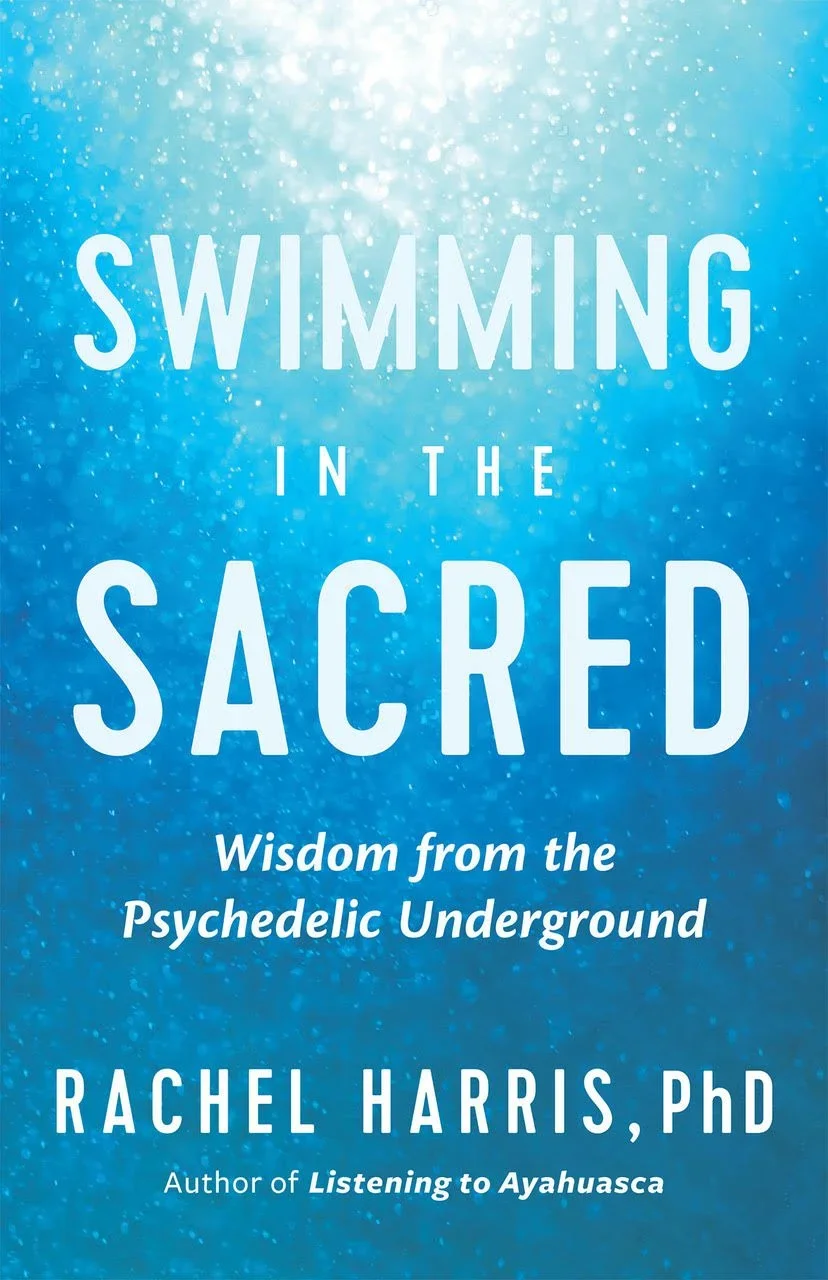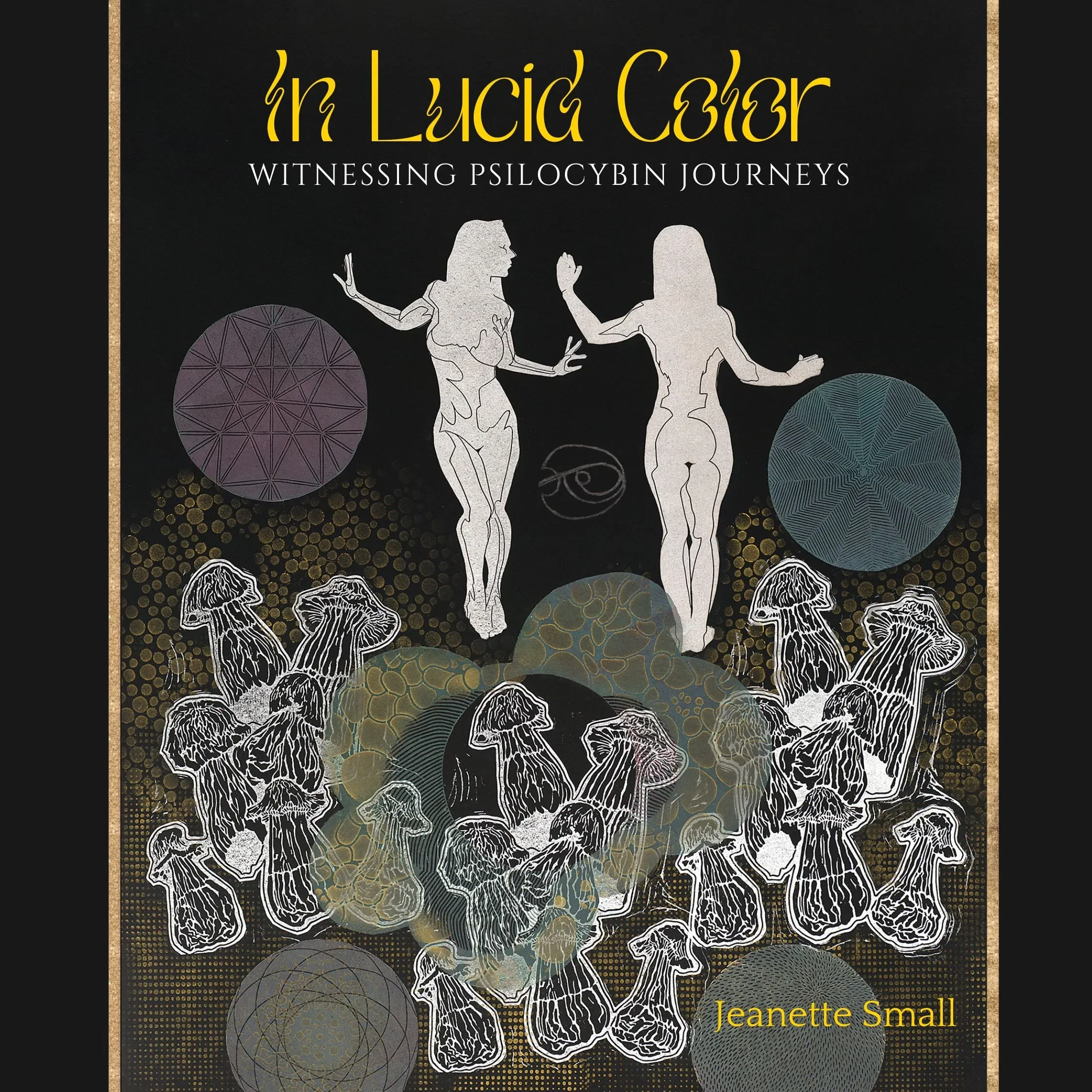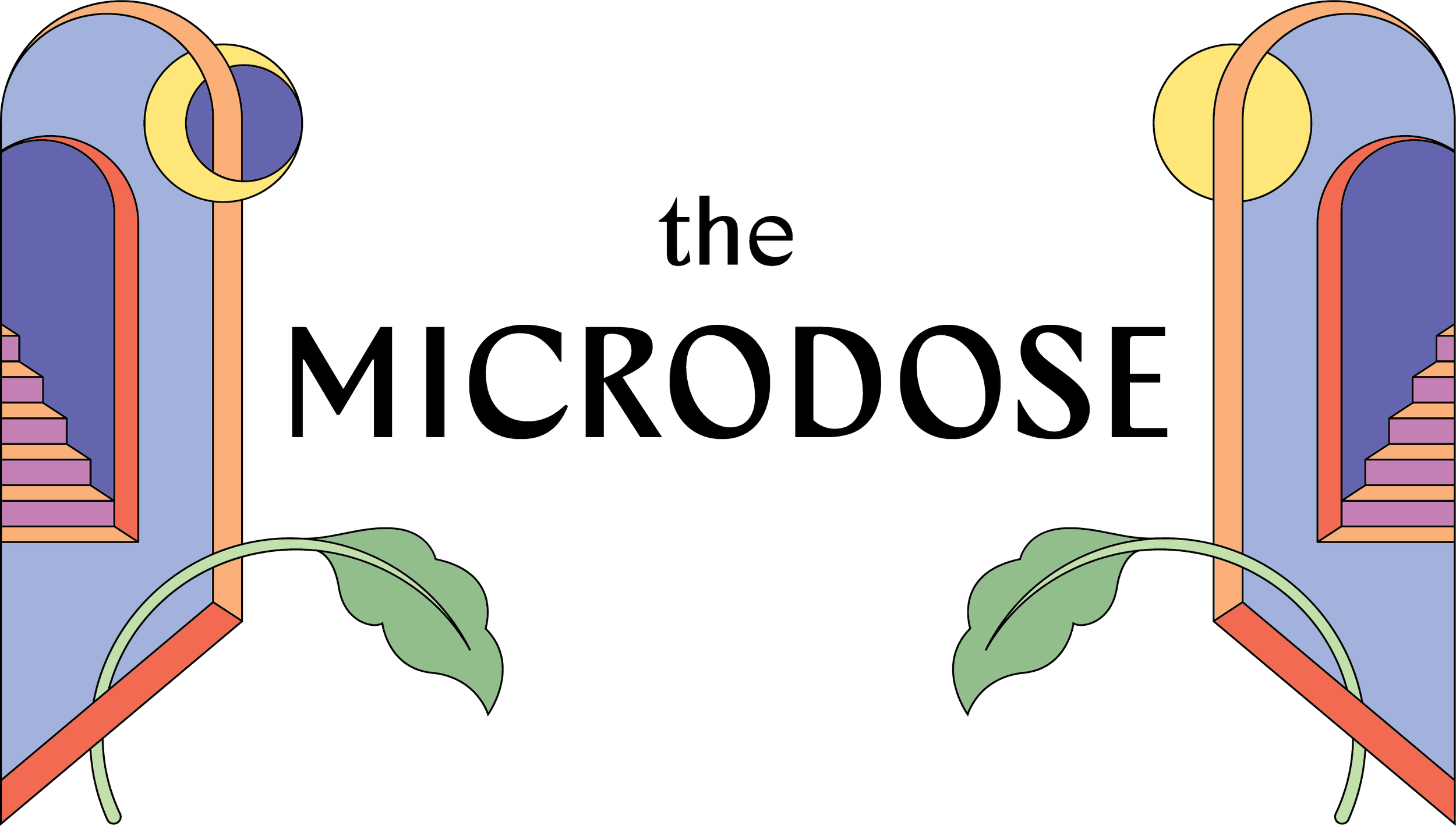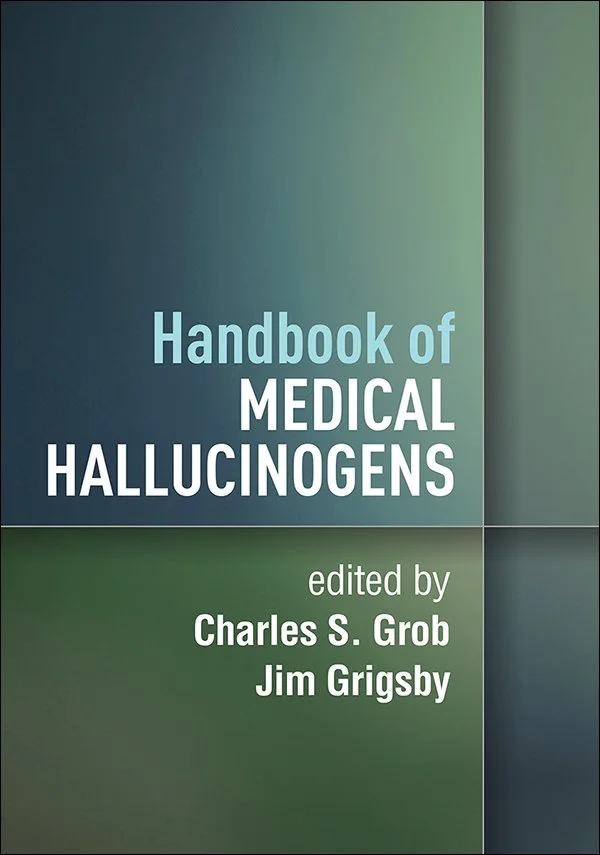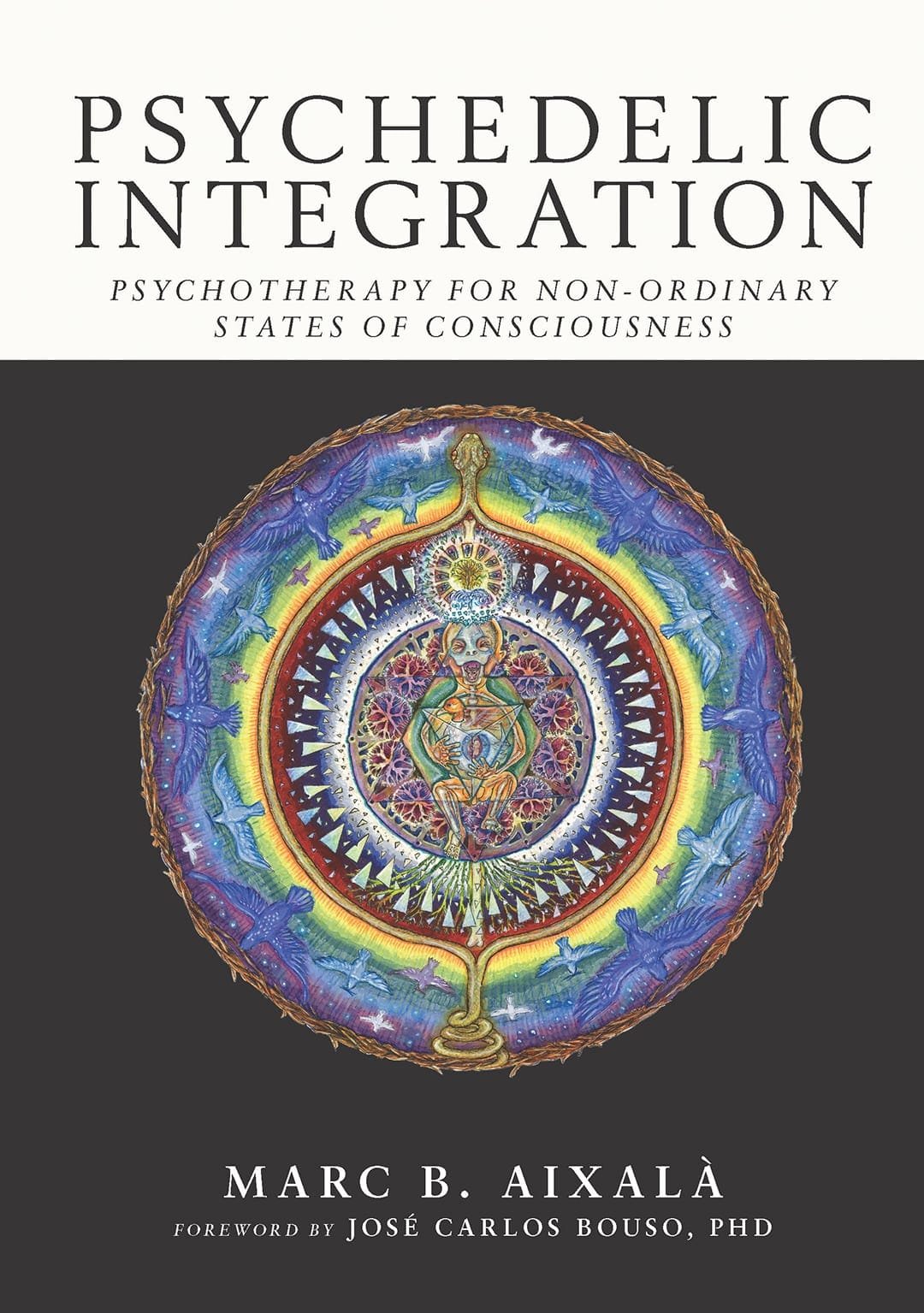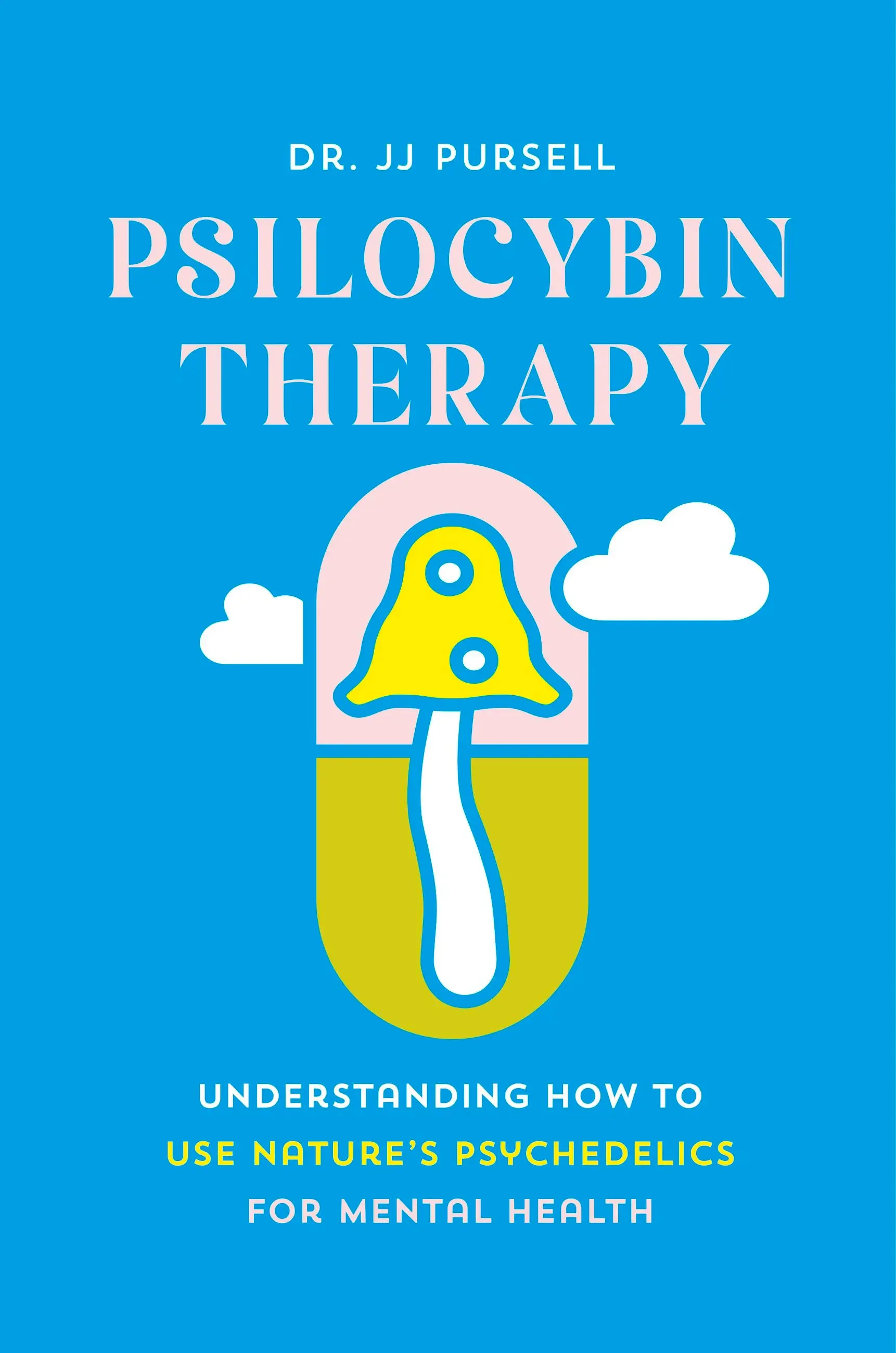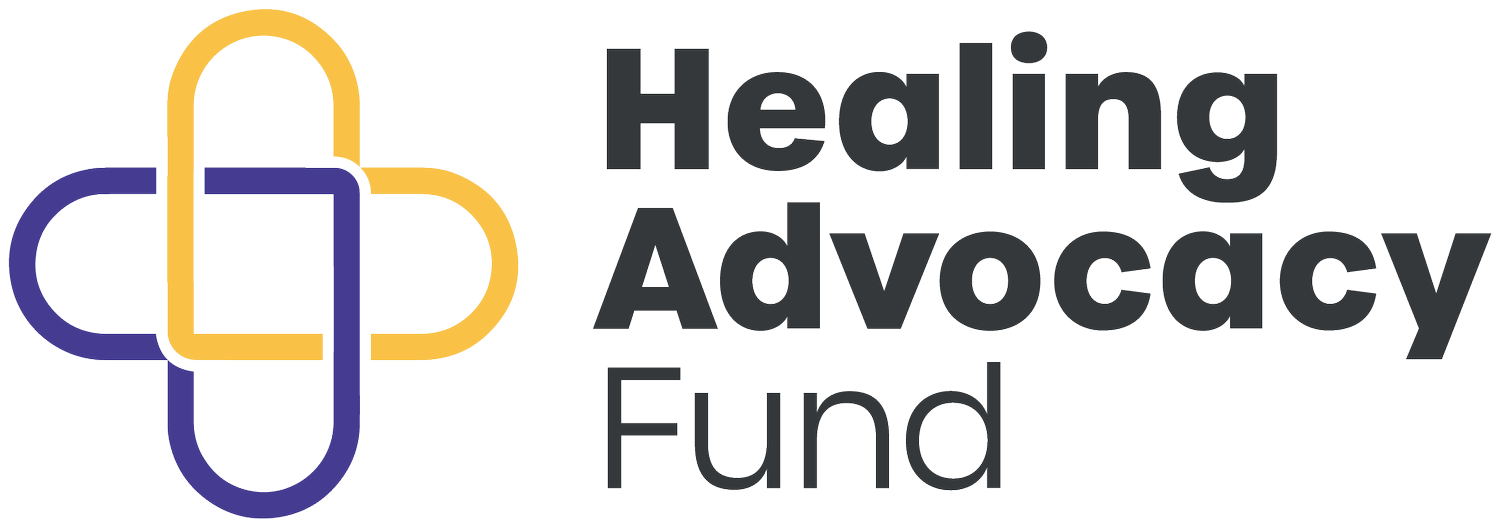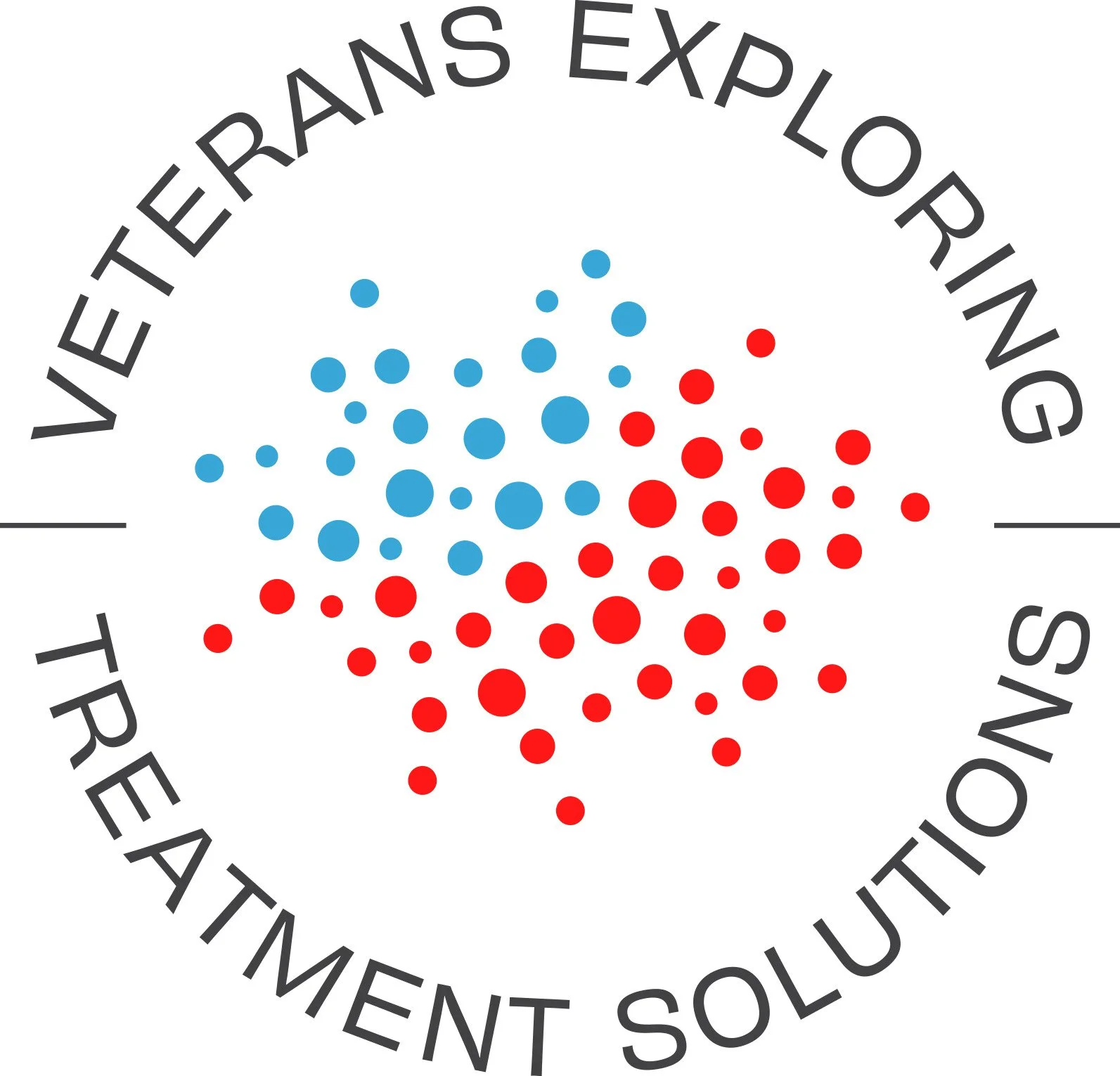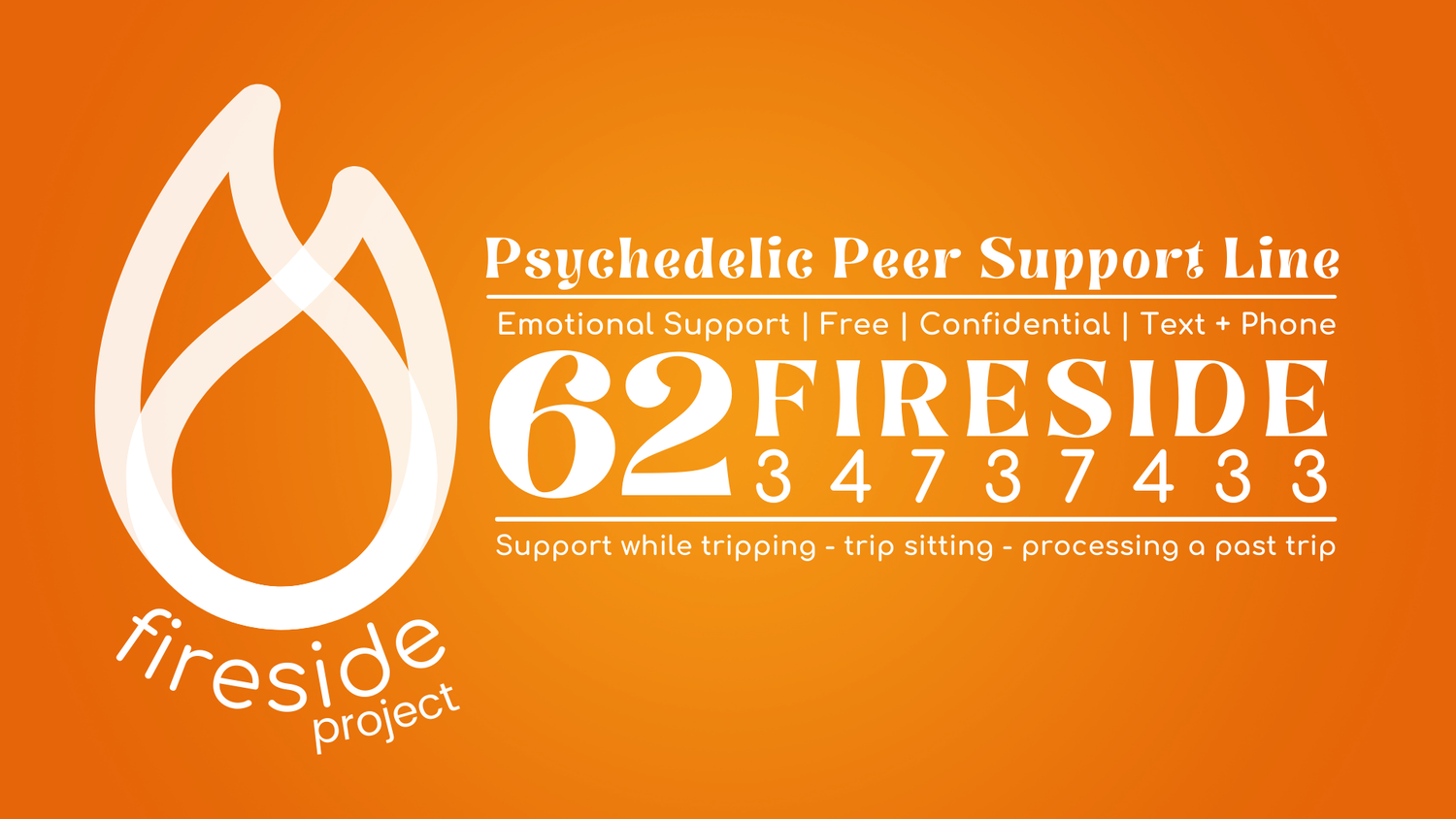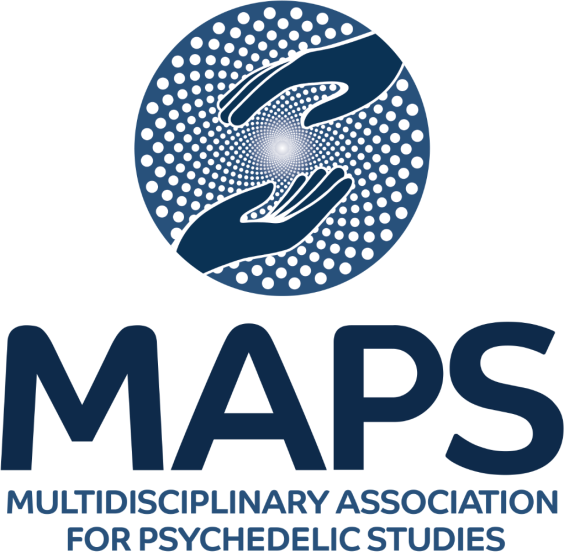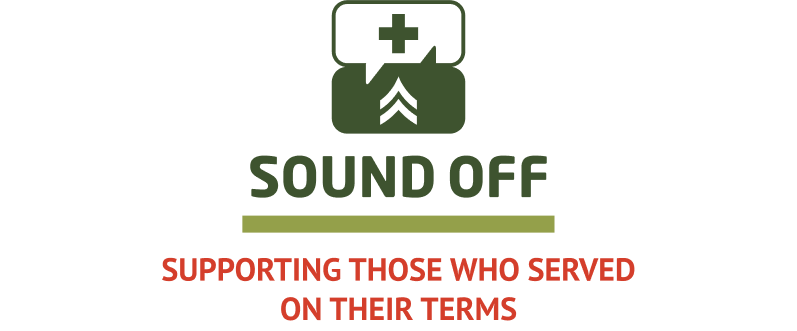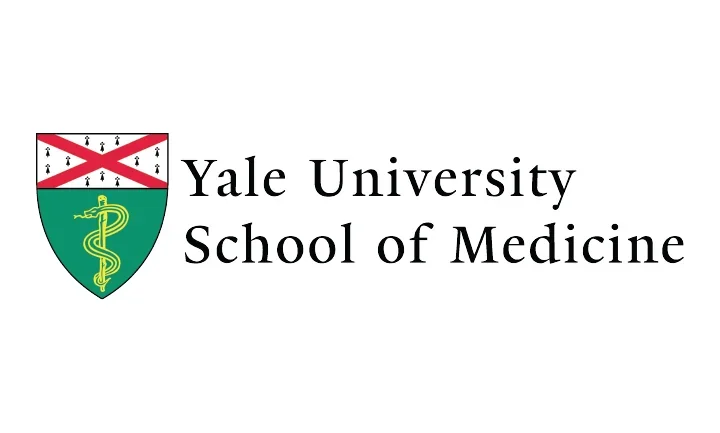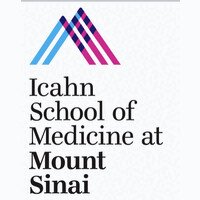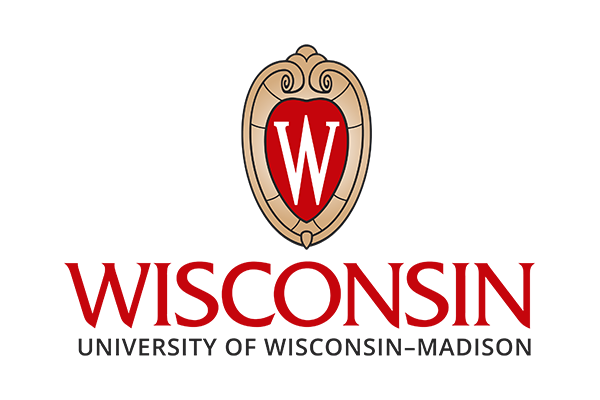Resources
Our mission extends beyond providing clinical services—we believe in empowering individuals with knowledge, fostering informed decision-making, and honoring the rich cultural heritage from which these healing practices originate. The resources gathered here represent diverse perspectives from researchers, clinicians, indigenous wisdom keepers, harm reduction advocates, and policy experts who are shaping the responsible integration of psychedelic medicine into modern healthcare.
As Colorado continues to lead the way in progressive psychedelic policy, we remain committed to staying current with legal developments, safety protocols, and best practices in the field. We encourage you to explore these materials thoughtfully and to reach out to our team with any questions about how psychedelic assisted therapies might support your healing journey.
Please note: The resources listed here are for educational purposes and do not constitute medical or legal advice. Always consult with qualified healthcare professionals before making decisions about your mental health treatment.

Educational Videos

Books & Literature

Websites
Independent data-driven reporting and analysis on the emergent psychedelic medicine sector, cutting through investment noise with exclusive news, interviews, and business intelligence
The Field Trip app guides you in connecting with yourself and transcending consciousness, through music, meditations, and tools, created by leaders in mindfulness and psychedelics.
Healing Advocacy Fund is a 501c3 non-profit organization. The HAF expands and protects safe, affordable state-regulated access to psychedelic healing for all who need it.
A community and media company covering timely, untold stories about the expansion of psychedelics around the globe and their intersection with mental health and social justice
The first university-based center dedicated to studying how psychedelics affect behavior, brain function, mood, cognition, and biological markers of health to advance therapeutic applications
Aims to co-create a world where plant medicines and other psychedelics are understood, protected, honored, and valued as part of our cultural identity, and integrated into our social, legal and health care systems in ways that are equitable and just.
An online magazine of ideas and culture that publishes in-depth essays from world-leading thinkers across philosophy, science, psychology, humanities and altered states of consciousness essays.
Since 2019, VETS has provided grants for more than 1,000 veterans and their spouses to receive psychedelic-assisted therapy treatment, as well as preparation and integration coaching and ongoing community support.

Safety & Harm Reduction Resources
Fireside Project
A nonprofit providing free, confidential peer-to-peer psychedelic support through a 24/7 hotline for people during or after psychedelic experiences.
Zendo Project
Provides professional harm reduction education and peer support services at events to help transform difficult psychedelic experiences into opportunities for learning and growth.
Psychedelics in Recovery
A fellowship for people in 12-step and other recovery programs who share experiences using psychedelics as potential aids in their personal recovery journey from addictive behaviors.
The Trevor Project
The world's largest suicide prevention and crisis intervention organization for LGBTQ+ young people, providing 24/7 support through phone, chat, and text services.
Colorado Crisis Services
The statewide behavioral health crisis response system offering mental health, substance use or emotional crisis help, available 24/7/365 through call or text.
DanceSafe
A peer-to-peer harm reduction organization that has been providing drug education, free drug testing services, and safety resources at events nationwide for 25 years to reduce risks for people who use substances.
988 National Hotline
Available 24/7/365 for free, confidential conversations with trained counselors for mental health, substance use, and emotional crises - simply call, text, or chat 988.
The Bunk Police
A company specializing in manufacturing and selling high-quality drug testing kits and reagents, founded in 2011 as the first substance test kit company in the US, with international shipping to over 100 countries.
MAPS Crisis Resources
The Multidisciplinary Association for Psychedelic Studies provides crisis resources and their volunteers complete 36-hour training programs on supporting people during psychedelic experiences and integration.
Veterans Crisis Line
If you are a veteran and in crisis or concerned about a loved one, please call the Veterans Crisis Line at 988 then press “1” or text 838255 to connect with a crisis counselor 24/7, 365 days a year. You can also chat live with a crisis counselor by visiting the Veterans Crisis Line Website.
SAMHSA's National Helpline
A free, confidential, 24/7, 365-day-a-year treatment referral and information service (in English and Spanish) for individuals and families facing mental and/or substance use disorders
Sound Off
Sound Off is revolutionizing the way Veterans seek and receive mental health care. Veterans can choose to speak with a professional clinician or a screened, trained peer — a Peer Supporter who has walked the same path. Sound Off is free and completely anonymous.

Scientific Research
-
Adeyinka et al. (2025). Neurobiology of psilocybin: a comprehensive overview and comparative analysis of experimental models.
Carhart-Harris et al. (2018). Psilocybin and the essential importance of context.
Carhart-Harris et al. (2016). The entropic brain: a theory of conscious states informed by psilocybin research with psychedelic drugs.
Catlow et al. (2013). Effects of psilocybin on hippocampal neurogenesis and extinction of trace fear conditioning.
Choi et al. (2024). Mechanisms of psilocybin on the treatment of posttraumatic stress disorder.
Davis et al. (2023). Study protocol of an open-label proof-of-concept trial examining the safety and clinical efficacy of psilocybin-assisted therapy for veterans with PTSD.
Doblin et al. (2019). The past and future of psilocybin science: an introduction to this issue.
Khan et al. (2022). Psilocybin for trauma-related disorders: a systematic review.
Krediet et al. (2020). Reviewing the potential of psilocybin for the treatment of PTSD.
Ly et al. (2018). Psilocybin promotes structural and functional neural plasticity.
MacCallum et al. (2022). Therapeutic use of psilocybin: Practical considerations for dosing and administration.
Modlin et al. (2025). Clinical conceptualisation of PTSD in psilocybin treatment: disrupting a pre-determined and over-determined maladaptive interpretive framework.
Schenberg (2018). Psychedelic-Assisted Psychotherapy: A Paradigm Shift in Psychiatric Research and Development.
Watts et al. (2017). Patients' accounts of increased "connectedness" and "acceptance" after psilocybin for treatment-resistant depression.
-
Carhart-Harris et al. (2021). Trial of Psilocybin versus Escitalopram for Depression.
Carhart-Harris et al. (2016). Psilocybin with psychological support for treatment-resistant depression: an open-label feasibility study.
Davis et al. (2020). Effects of Psilocybin-Assisted Therapy on Major Depressive Disorder: A Randomized Clinical Trial.
Davis et al., (2025). Five-year outcomes of psilocybin assisted therapy for Major Depressive Disorder.
Frautschi et al. (2021). Multimodal neuroimaging of the effect of serotonergic psychedelics on the brain.
Goldberg et al. (2020). The experimental effects of psilocybin on symptoms and anxiety and depression: a meta-analysis.
Goodwin et al. (2023). Psilocybin for treatment resistant depression in patients taking a concomitant SSRI medication.
Goodwin et al. (2022). Single-Dose Psilocybin for a Treatment-Resistant Episode of Major Depression.
Griffiths et al. (2016). Psilocybin produces substantial and sustained decreases in depression and anxiety in patients with life-threatening cancer: A randomized double-blind trial.
Gukasyan et al. (2022). Efficacy and safety of psilocybin-assisted treatment for major depressive disorder: Prospective 12-month follow-up.
Haikazian et al. (2023). Psilocybin-assisted therapy for depression: A systematic review and meta-analysis.
Jungwirth et al. (2024). Psilocybin increases emotional empathy in patients with major depression.
Jungwirth et al. (2026). Real-World Psilocybin Therapy for Treatment-Resistant Depression: a Retrospective Observational Study
Ko et al. (2023). Psychedelic therapy for depressive symptoms: a systematic review and meta-analysis.
Raison et al. (2023). Single-Dose Psilocybin Treatment for Major Depressive disorder: A Randomized Clinical Trial.
Roseman et al. (2018). Quality of Acute Psychedelic Experience Predicts Therapeutic Efficacy of Psilocybin for Treatment-Resistant Depression.
Rucker et al. (2022). Psilocybin & the psychedelic drugs. Past, present & future.
Siegel et al. (2024). Psilocybin desynchronizes the human brain.
Sloshower et al. (2024). Psychological flexibility as a mechanism of change in psilocybin‑assisted therapy for major depression: results from an exploratory placebo‑controlled trial.
Syed et al. (2026). Methodological moderators of psilocybin-assisted therapy in depression: A systematic review and meta-analysis.
Teodoro Andrade et al. (2025). Therapeutic Use of Psilocybin in Depression: a Systematic Review of Clinical Evidence.
Thomas et al. (2017). Psilocybin-Assisted Therapy: A Review of a Novel Treatment for Psychiatric Disorders.
von Rotz et al. (2022). Single-dose psilocybin-assisted therapy in major depressive disorder: a placebo-controlled, double-blind, randomized clinical trial.
Watts (2021). The Psilocybin for Depression: The ACE Manual.
Watts & Luoma (2020). The use of the psychological therapy flexibility model to support psychedelic assisted therapy.
Zeifman et al. (2021). Rapid and sustained decreases in suicidality following a single dose of psilocybin among individuals with recurrent major depressive disorder.
Ziff et al. (2022). Analysis of Psilocybin-Assisted Therapy in Medicine: A Narrative Review.
-
Bogenschutz et al. (2022). Percentage of Heavy Drinking Days Following Psilocybin-Assisted Psychotherapy vs Placebo in the Treatment of Adult Patients With Alcohol Use Disorder: A Randomized Clinical Trial.
Bogenschutz & Forcehimes (2016). Development of a Psychotherapeutic Model for Psilocybin-Assisted Treatment of Alcoholism.
Carhart-Harris & Goodwin (2015). The therapeutic potential of psilocybin: past, present, and future.
Glynos et al. (2024). Psychedelic substitution: altered substance use patterns following psychedelic use in a global survey.
Grieco et al. (20222). Psychedelics and Neural Plasticity: Therapeutic Implications.
Hendricks et al. (2015). Psilocybin use is associated with reduced psychological distress and suicidality in the United States adult population.
Johnson et al. (2017). Long-term follow-up of psilocybin-facilitated smoking cessation.
Johnson et al. (2014). Pilot study of the 5-HT2AR agonist psilocybin in the treatment of tobacco addiction.
Mackey et al. (2022). Evidence Brief: Psychedelic Medications for Mental Health and Substance Use Disorders.
Nichols (2016). Psychedelics.
Noorani et al. (2018). Psilocybin therapy for smoking cessation: Qualitative study of participant accounts.
Piper et al. (2024). Psychedelic-assisted treatment for substance use disorder: A narrative systematic review.
Qeadan et al. (20250. Associations between psychedelic use and adverse outcomes in substance use disorders: a real-world EHR-based cohort study.
van der Meer et al. (2023). Therapeutic effect of psilocybin in addiction: a systematic review.
Vanderijst et al. (2024). Psilocybin-assisted therapy for severe alcohol use disorder: protocol for a double-blind, randomized, placebo-controlled, 7-month parallel-group phase II superiority trial.
Winkelman (2014). Psychedelics as medicines for substance abuse rehabilitation: evaluating treatments with LSD, Peyote, Ibogaine and Ayahuasca.
Zafar et al. (2023). Psychedelic therapy in the treatment of addiction: the past, present and future.
-
Argento et al. (2022). Psychedelic use is associated with reduced daily opioid use among people who use illicit drugs in a Canadian setting.
Argento et al. (2019). The tripping point: The potential role of psychedelic-assisted therapy in the response to the opioid crisis.
Bassir Nia et al. (2025). The Contribution of Psychotherapy in Potential Therapeutic Effects of Psychedelics for Treatment of Opioid Use Disorder.
Brett et al. (2023). Exploring psilocybin-assisted psychotherapy in the treatment of methamphetamine use disorder.
Floris et al. (2025). Psilocybin reduces heroin seeking behavior and modulates inflammatory gene expression in the nucleus accumbens and prefrontal cortex of male rats.
Hornick & Stefanski (2023). Hallucinogenic potential: a review of psychoplastogens for the treatment of opioid use disorder.
Jones (2025). Race/ethnicity moderates the associations between lifetime psilocybin use and opioid use disorder.
Jones et al. (2022). Associations between classic psychedelics and opioid use disorder in a nationally-representative U.S. adult sample.
Kimble & Coustasse (2025). The Promise of Psilocybin-Assisted Therapy for Opioid Use Disorder.
Lee et al. (2024). Opioid use disorder: current trends and potential treatments.
Nicholas et al. (2023). Psilocybin for Opioid Use Disorder in Two Adults Stabilized on Buprenorphine: A Technical Report on Study Modifications and Preliminary Findings.
Piper et al. (2024). Psychedelic-assisted treatment for substance use disorder: A narrative systematic review.
Pulido-Saavedra et al. (2025). Effects of psychedelics on opioid use disorder: a scoping review of preclinical studies.
Szpak et al. (2025). Views on Psychedelic-Assisted Therapy for Substance Use Disorders from Individuals with Opioid Use Disorder and a History of Injection-Related Infections: A Qualitative Study.
van der Meer et al. (2023). Therapeutic effect of psilocybin in addiction: a systematic review.
Weleff et al. (2024). From taboo to treatment: The emergence of psychedelics in the management of pain and opioid use disorder.
Zafar et al. (2023). Psychedelic therapy in the treatment of addiction: the past, present and future.
Ziff et al. (2022). Analysis of Psilocybin-Assisted Therapy in Medicine: A Narrative Review.
-
Agin-Liebes et al. (2020). Long-term follow-up of psilocybin-assisted psychotherapy for psychiatric and existential distress in patients with life-threatening cancer.
Barrett et al. (2020). Emotions and brain function are altered up to one month after a single high dose of psilocybin.
Goel & Zilate (2022). Potential Therapeutic Effects of Psilocybin: A Systematic Review.
Goldberg et al. (2020). The experimental effects of psilocybin on symptoms of anxiety and depression: A meta-analysis.
Griffiths et al. (2016). Psilocybin produces substantial and sustained decreases in depression and anxiety in patients with life-threatening cancer: A randomized double-blind trial.
Grob et al. (2011). Pilot study of psilocybin treatment of anxiety in patients with advanced-stage cancer.
Harari et al. (2024). Psilocybin induces acute anxiety and changes in amygdalar phosphopeptides independently from the 5-HT2A receptor.
Hasler et al. (2004). Acute psychological and physiological effects of psilocybin in healthy humans: a double-blind, placebo-controlled dose-effect study.
Kraehenmann et al. (2012). Psilocybin-Induced Decrease in Amygdala Reactivity Correlates with Enhanced Positive Mood in Healthy Volunteers.
Ly et al. (2018). Psilocybin promotes structural and functional neural plasticity.
Ross et al. (2016). Rapid and sustained symptom reduction following psilocybin treatment for anxiety and depression in patients with life-threatening cancer: a randomized controlled trial.
Wittmann et al. (2007). Effects of psilocybin on time perception and temporal control of behaviour in humans.
van Elk & Yaden (2022). Pharmacological, neural, and psychological mechanisms underlying psychedelics: A critical review.
-
Agin-Liebes et al. (2020). Long-term follow-up of psilocybin-assisted psychotherapy for psychiatric and existential distress in patients with life-threatening cancer.
Barrett & Griffiths (2018). Classic hallucinogens and mystical experiences: phenomenology & neural correlates.
Belser et al. (2017). Patient experiences of psilocybin-assisted psychotherapy: an interpretative phenomenological analysis.
Griffiths et al. (2016). Psilocybin produces substantial and sustained decreases in depression and anxiety in patients with life-threatening cancer: A randomized double-blind trial.
Grob et al. (2011). Pilot study of psilocybin treatment of anxiety in patients with advanced-stage cancer.
Guss et al. (2020). The Yale manual for psilocybin-assisted therapy of depression (using acceptance and commitment therapy as a therapeutic frame).
Kim et al. (2024). Psilocybin-assisted psychotherapy for existential distress: practical considerations for therapeutic application—a review.
Konstantinou et al. (2026). Psilocybin in late-life mental health: Addressing depression, loneliness, and existential anxiety.
Malone et al. (2024). Individual Experiences in Four Cancer Patients Following Psilocybin-Assisted Psychotherapy.
Ross et al. (2016). Rapid and sustained symptom reduction following psilocybin treatment for anxiety and depression in patients with life-threatening cancer: a randomized controlled trial.
Sweeney et al. (2022). Comparison of psychedelic and near-death or other non-ordinary experiences in changing attitudes about death and dying.
Swift et al. (2017). Cancer at the dinner table: experiences of psilocybin-assisted psychotherapy for the treatment of cancer-related distress.
Ziff et al. (2022). Analysis of Psilocybin-Assisted Therapy in Medicine: A Narrative Review.
-
Beesley et al. (2025). Psilocybin-Assisted suppoRtive psychoTherapy IN the treatment of prolonged Grief (PARTING) trial: protocol for an open-label pilot trial for cancer-related bereavement.
Carhart-Harris et al. (2018). Psilocybin and connectedness.
Ehrenkranz et al. (2024). Narrative review of the potential for psychedelics to treat Prolonged Grief Disorder.
Gonzalez et al. (2022). Restorative Retelling for Processing Psychedelic Experiences: Rationale and Case Study of Complicated Grief.
Lebedev et al. (2015). Finding the self by losing the self: Neural correlates of ego-dissolution under psilocybin.
Low & Earlywine (2024). Psychedelic Experiences After Bereavement Improve Symptoms of Grief: The Influence of Emotional Breakthroughs and Challenging Experiences.
Palitsky et al. (2023). Importance of Integrating Spiritual, Existential, Religious, and Theological Components in Psychedelic-Assisted Therapies.
Rosenbaum et al. (2018). The Use of Psychedelics for Grief Following Death due to Advanced Illness: A Scoping Review.
Sabucedo et al. (2024). Psychedelic-assisted grief therapy: a mixed-method case study.
-
Brownstien et al. (2024). Striking long-term beneficial effects of single dose psilocybin and psychedelic mushroom extract in the SAPAP3 rodent model of OCD-like excessive self-grooming.
Buot et al. (2023). Improvement in OCD symptoms associated with serotoninergic psychedelics: a retrospective online survey.
Ching et al. (2023). Safety, tolerability, and clinical and neural effects of single-dose psilocybin in obsessive–compulsive disorder: protocol for a randomized, double-blind, placebo-controlled trial.
Collins (2024). Psychedelics for the Treatment of Obsessive–Compulsive Disorder: Efficacy and Proposed Mechanisms.
Ehrmann et al. (2022). Psilocybin for the Treatment of Obsessive-Compulsive Disorders.
Graziosi et al. (2024). Psychedelics, OCD and related disorders: A systematic review.
Gattuso et al. (2025). Psilocybin's effects on obsessive-compulsive behaviors: A systematic review of preclinical and clinical evidence.
Jacobs (2020). A potential role for psilocybin in the treatment of obsessive-compulsive disorder.
Ly et al. (2018). Psilocybin promotes structural and functional neural plasticity relevant to OCD.
Moreno et al. (2006). Safety, tolerability, and efficacy of psilocybin in 9 patients with obsessive-compulsive disorder.
Owe-Larsson et al. (2024). Psilocybin in pharmacotherapy of obsessive-compulsive disorder.
Pellegrini et al. (2025). Single-dose (10 mg) psilocybin reduces symptoms in adults with obsessive-compulsive disorder: A pharmacological challenge study.
Szafoni et al. (2024). Unlocking the healing power of psilocybin: an overview of the role of psilocybin therapy in major depressive disorder, obsessive-compulsive disorder and substance use disorder.
Wilcox (2014). Psilocybin and Obsessive Compulsive Disorder.
Yang et al. (2025). Psilocybin and Obsessive-Compulsive Disorder: Exploring New Therapeutic Horizons.
-
Ammineni & Park (2025). The compulsive eating paradigm: can psychedelics help in treating obesity?
Bevione et al. (2025). Psilocybin in the treatment of eating disorders: a systematic review of the literature and registered clinical trials.
Borgland & Neyens (2022). Serotonergic psychedelic treatment for obesity and eating disorders: potential expectations and caveats for emerging studies.
Bryson et al. (2024). Established and emerging treatments for eating disorders.
Calder et al. (2023). Psychedelics in the treatment of eating disorders: Rationale and potential mechanisms.
Conn et al. (2024). Psilocybin restrains activity-based anorexia in female rats by enhancing cognitive flexibility: contributions from 5-HT1A and 5-HT2A receptor mechanisms.
Cuerva et al. (2024). Perspectives and preliminary experiences of psychedelics for the treatment of eating disorders: A systematic scoping review.
Dallery et al. (2026). An open-label pilot study of psilocybin-assisted therapy for binge eating disorder.
Downey et al. (2024). Psilocybin therapy and anorexia nervosa: a narrative review of safety considerations for researchers and clinicians.
Downey et al. (2023). “But the reality is it's happening”: A qualitative study of eating disorder providers about psilocybin-assisted psychotherapy.
Gukasyan et al. (2022). Psychedelic-Assisted Therapy for People with Eating Disorders.
Hu et al. (2025). Psychedelics and Eating Disorders: Exploring the Therapeutic Potential for Anorexia Nervosa and Beyond.
Koning et al. (2024). Exploring the neurobiological correlates of psilocybin-assisted psychotherapy in eating disorders: a review of potential methodologies and implications for the psychedelic study design.
Lacroix et al. (2024). Psychedelics and the treatment of eating disorders: considerations for future research and practice.
Lafrance et al. (2024). Beyond the numbers: reimagining healing with psychedelics for eating disorders.
Ledwos et al. (2023). Therapeutic uses of psychedelics for eating disorders and body dysmorphic disorder.
Loh & Luke (2025). Exploring the Role of Psychedelic Experiences on Wellbeing and Symptoms of Disordered Eating.
Otterman (2023). Research into Psychedelic-Assisted Psychotherapy for Anorexia Nervosa Should be Funded.
Peck et al. (2023). Psilocybin therapy for females with anorexia nervosa: a phase 1, open-label feasibility study.
Rodan et al. (2025). Psychedelic use in individuals living with eating disorders or disordered eating: findings from the international MED–FED survey.
-
Aday et al. (2025). Preliminary safety and effectiveness of psilocybin-assisted therapy in adults with fibromyalgia: an open-label pilot clinical trial.
Askey et al. (2024). Psilocybin as a novel treatment for chronic pain.
Bhanot et al. (2023). A systematic review to assess the use of psilocybin in the treatment of headaches.
Davenport (2016). Psychedelic and nonpsychedelic LSD and psilocybin for cluster headache.
Goel et al. (2023). Use of Psychedelics for Pain: A Scoping Review.
Henderson et al. (2025). Exploring the Potential of Psychedelics in the Treatment of Headache Disorders: Clinical Considerations and Exploratory Insights.
Im & Sandoe (2025). Psychedelics and Headache Disorders: an Update.
Jevotovsky et al. (2024). Psilocybin and chronic neuropathic pain: a systematic review.
Johnson et al. (2012). Psilocybin dose-dependently causes delayed, transient headaches in healthy volunteers.
Kargbo (2021). Psychedelic Therapeutic: Potential Treatment for Headache Disorders.
Kooijman et al. (2023). Are psychedelics the answer to chronic pain: A review of current literature.
Lawrence (2023). Self-administration of Psilocybin for the Acute Treatment of Migraine: A Case Report.
Leighton et al. (2025). Clinical treatment of cluster headache with the serotonergic indoleamine psychedelics psilocybin and LSD and with ketamine: A case series.
Madsen et al. (2022). Psilocybin-induced reduction in chronic cluster headache attack frequency correlates with changes in hypothalamic functional connectivity.
Robinson et al. (2024). Scoping Review: The Role of Psychedelics in the Management of Chronic Pain.
Rucker et al. (2023). Low-dose psilocybin in short-lasting unilateral neuralgiform headache attacks: results from an open-label phase Ib ascending dose study.
Schindler et al. (2025). Comparing single- and repeat-dose psilocybin with active placebo for migraine prevention in an exploratory randomized controlled clinical trial.
Schindler et al. (2024). Psilocybin pulse regimen reduces cluster headache attack frequency in the blinded extension phase of a randomized controlled trial.
Schindler & Sico (2023). Studying classic psychedelics for the management of headache disorders: Considerations for Veterans.
Schindler & Hendricks (2023). Adapting psychedelic medicine for headache and chronic pain disorders.
Schindler et al. (2022). Exploratory investigation of a patient-informed low-dose psilocybin pulse regimen in the suppression of cluster headache: Results from a randomized, double-blind, placebo-controlled trial.
Schindler (2022). Psychedelics as preventive treatment in headache and chronic pain disorders.
Schinder et al. (2021). Exploratory Controlled Study of the Migraine-Suppressing Effects of Psilocybin.
Strand et al. (2025). Pain and Perception: Exploring Psychedelics as Novel Therapeutic Agents in Chronic Pain Management.
VanderZwaag et al. (2026). Psychedelics for the management of symptoms of traumatic brain injury: Findings from the global psychedelic survey.
VanderZwaag et al. (2025). Exploring psychedelic use in athletes and their attitudes toward psilocybin-assisted therapy in concussion recovery.
Whelan et al. (2020). Public Opinion on the Use of Psychedelics in the Treatment of Cluster Headache.
Whelan & Johnson (2018). Lysergic acid diethylamide (LSD) and Psilocybin for the Management of Patients with Persistent Pain: A Potential Role?
Yerubandi et al. (2024). Acute Adverse Effects of Therapeutic Doses of Psilocybin A Systematic Review and Meta-Analysis.
Zia et al. (2023). Are psychedelic medicines the reset for chronic pain? Preliminary findings and research needs.
Ziff et al. (2022). Analysis of Psilocybin-Assisted Therapy in Medicine: A Narrative Review.
-
Note: Research on psilocybin specifically for autism is extremely limited. Most studies examine other psychedelics or are theoretical papers.
Adamsen et al. (2014). Autism spectrum disorder associated with low serotonin in CSF and mutations in the SLC29A4 plasma membrane monoamine transporter (PMAT) gene.
Autistic Psychedelic Community
Brumback et al. (2018). Identifying specific prefrontal neurons that contribute to autism-associated abnormalities in physiology and social behavior.
Chen et al. (2024). Autism, youth suicide, and psychedelics: A review of the 21st century evidence.
Danforth (2022). Psychedelic-Assisted Therapy for Social Adaptability in Autistic Adults.
Danforth (2018). Embracing Neurodiversity in Psychedelic Science: A Mixed-Methods Inquiry into the MDMA Experiences of Autistic Adults.
Duerler et al. (2020). LSD-induced increases in social adaptation to opinions similar to one’s own are associated with stimulation of serotonin receptors.
Markopoulos et al. (2022). Evaluating the Potential Use of Serotonergic Psychedelics in Autism Spectrum Disorder.
Martin & Nichols (2016). Psychedelics Recruit Multiple Cellular Types and Produce Complex Transcriptional Responses Within the Brain.
Nakamura et al. (2010). Brain serotonin and dopamine transporter bindings in adults with high-functioning autism.
Nuwer (2024). Can psychedelics improve well-being in autism?
Rice (2022). Do autistic people attribute perceived change in mental health to a psychedelic experience?
Stroud et al. (2025). Perceived changes in mental health and social engagement attributed to a single psychedelic experience in autistic adults: results from an online survey.
Wang et al. (2025). Psychedelics and Pro-Social Behaviors: A Perspective on Autism Spectrum Disorders.
Whelan et al. (2024). The ‘PSILAUT’ protocol: an experimental medicine study of autistic differences in the function of brain serotonin targets of psilocybin.
-
Note: Research on psilocybin specifically for ADHD is very limited. These are largely theoretical or exploratory studies.
Barrett et al. (2020). Psilocybin acutely alters the functional connectivity of the claustrum with brain networks that support perception, memory, and attention.
Barry (2025). Addictive Behavior and Executive Function Following Naturalistic Psilocybin Use.
Carter et al. (2005). Using Psilocybin to Investigate the Relationship between Attention, Working Memory, and the Serotonin 1A and 2A Receptors.
Gattuso et al. (2023). Default mode network modulation by psychedelics: a systematic review.
Haijen et al. (2022). Microdosing with psychedelics to self-medicate for ADHD symptoms in adults: A prospective naturalistic study.
Hutten et al. (2019). Self-Rated Effectiveness of Microdosing With Psychedelics for Mental and Physical Health Problems Among Microdosers.
Kang et al. (2006). Contribution of 5-HT2A receptor gene -1438A>G polymorphism to outcome of attention-deficit/hyperactivity disorder in adolescents.
Kuypers (2024). Microdosing psychedelics in the treatment of ADHD and comorbid disorders.
Milburn (2025). Neuroadaptive Effects of Psilocybin: A Potential Treatment for Adult ADHD.
Totomanova (2020). Psychedelics as a Potential Treatment Option in ADHD.
-
Note: Research on psilocybin for athletic performance is extremely limited. These citations represent theoretical papers, case studies, news articles and indirect research rather than robust clinical trials.
Aday et al. (2020). Long-term effects of psychedelic drugs: A systematic review.
Argyri et al. (2026). Learning from boundlessness: epistemic shifts towards a holistic worldview following psychedelic experiences.
Berkovitch et al. (2025). Neurocognitive effects of psilocybin: A systematic and comprehensive review of neuroimaging studies in humans.
Bonnieux et al. (2023). Psilocybin's effects on cognition and creativity: A scoping review.
Calder & Hasler (2022). Towards an understanding of psychedelic-induced neuroplasticity.
Carhart-Harris et al. (2014). The entropic brain: A theory of conscious states informed by neuroimaging research with psychedelic drugs.
Catlow et al. (2013). Effects of psilocybin on hippocampal neurogenesis and extinction of trace fear conditioning.
Chen & Colonna (2025). Psychedelics reduce fear by targeting immune cells.
Chung et al. (2025). Psychedelic control of neuroimmune interactions governing fear.
Gandy (2019). Psychedelics and potential benefits in “healthy normals”: A review of the literature.
Gibson Cook et al. (2026). Psilocybin induces sex- and context-specific recruitment of the stress axis.
Gouttebarge et al. (2019). Occurrence of mental health symptoms and disorders in current and former elite athletes: A systematic review and meta-analysis.
Griffiths et al. (2006). Psilocybin can occasion mystical-type experiences having substantial and sustained personal meaning and spiritual significance.
Hall (2023). New ESPN E60 Examines Use of Psychedelics in Mental Health Treatment of Athletes.
Hawryluk & Van Valkenburg (2023). Pain, hope, science collide as athletes turn to magic mushrooms.
Horton et al. (2021). Systematized Review of Psychotherapeutic Components of Psilocybin-Assisted Psychotherapy.
Jungaberle et al. (2018). Positive psychology in the investigation of psychedelics and entactogens: A critical review.
Kahonen (2023). Psychedelic unselfing: self-transcendence and change of values in psychedelic experiences.
Keyes (2002). The mental health continuum: From languishing to flourishing in life.
Khan et al. (2021). Psychedelics for Brain Injury: A Mini-Review.
Lawrence et al. (2025). Psilocybin Use in an Intercollegiate Athlete with Persisting Symptoms After Concussion: A Case Report.
Lowe et al. (2021). The therapeutic potential of psilocybin.
Lubiano (2024). Going for Gold: Investigating the Benefits of Psychedelics for Athletes.
Ly et al. (2018). Psychedelics Promote Structural and Functional Neural Plasticity.
Machek (2019). Psychedelics: Overlooked Clinical Tools with Unexplored Ergogenic Potential.
MacLean et al. (2011). Mystical experiences occasioned by the hallucinogen psilocybin lead to increases in the personality domain of openness.
Mason et al. (2023). Psilocybin induces acute and persisting alterations in immune status in healthy volunteers: An experimental, placebo-controlled study.
Mason et al. (2021). Spontaneous and deliberate creative cognition during and after psilocybin exposure.
Mason et al. (2019). Sub-Acute Effects of Psilocybin on Empathy, Creative Thinking, and Subjective Well-Being.
Meshkat et al. (2024). Impact of psilocybin on cognitive function: A systematic review.
Nardou et al. (2023). Psychedelics reopen the social reward learning critical period.
Neuhaus & Slavich (2022). Behavioral Psychedelics: Integrating Mind and Behavior to Improve Health and Resilience.
Powers (2023). Why serious players are dosing psychedelics like mushrooms and ayahuasca (Golf Digest).
Prochazkova et al. (2018). Exploring the effect of microdosing psychedelics on creativity in an open-label natural setting.
Rootman et al. (2021). Adults who microdose psychedelics report health related motivations and lower levels of anxiety and depression compared to non-microdosers.
Semley (2025). Why former NFL All-Pros Are Turning to Psychedelics.
Siegel et al. (2024). Psilocybin desynchronizes the human brain.
Simms (2024). Does Microdosing Improve Athletic Performance?
Teixeira et al. (2021). Psychedelics and health behaviour change.
VanderZwaag et al. (2025). Exploring psychedelic use in athletes and their attitudes toward psilocybin-assisted therapy in concussion recovery.
Walton & Liknaitzky (2022). Advancing elite athlete mental health treatment with psychedelic-assisted psychotherapy.
Watts & Luoma (2020). The use of the psychological flexibility model to support psychedelic assisted therapy.
-
The VETS program: https://vetsolutions.org/
Heroic Hearts Project: https://heroicheartsproject.org/
Armstrong et al. (2022). Prospective associations of psychedelic treatment for co-occurring alcohol misuse and posttraumatic stress symptoms among United States Special Operations Forces Veterans.
Biscoe et al. (2023). Psilocybin-assisted psychotherapy for the treatment of PTSD in UK armed forces veterans: A feasibility study protocol.
Calnan et al. (2025). Exploring the Therapeutic Effects of Psychedelics Administered to Military Veterans in Naturalistic Retreat Settings.
Catlow et al. (2013). Effects of psilocybin on fear conditioning relevant to veteran PTSD.
Davis et al. (2023). Study protocol of an open-label proof-of-concept trial examining the safety and clinical efficacy of psilocybin-assisted therapy for veterans with PTSD.
Davis et al. (2020). Psychedelic Treatment for Trauma-Related Psychological and Cognitive Impairment Among US Special Operations Forces Veterans.
Ellis et al. (2025). Single-dose psilocybin for U.S. military Veterans with severe treatment-resistant depression – A first-in-kind open-label pilot study.
Gray et al. (2023). Beliefs and Perceived Barriers Regarding Psychedelic-assisted Therapy in a Pilot Study of Service Members and Veterans With a History of Traumatic Brain Injury.
Krediet et al. (2020). Reviewing the potential of psilocybin for the treatment of PTSD in veterans.Ly et al. (2018). Psilocybin promotes neural plasticity relevant to veteran mental health.
Modlin et al. (2025). Clinical conceptualisation of PTSD in psilocybin treatment: disrupting a pre-determined and over-determined maladaptive interpretive framework.
Nutt et al. (2016). Psilocybin and psychiatry: applications for veterans.
Schenberg (2018). Psychedelic-Assisted Psychotherapy: A Paradigm Shift in Psychiatric Research and Development.
Smith et al. (2022). An Interpretative Phenomenological Analysis of the use of psilocybin by veterans with symptoms of trauma.
Tupper et al. (2015). Psilocybin medicine: applications for veteran populations.
Watts et al. (2017). Veterans' accounts of increased "connectedness" after psilocybin treatment.
Wolfgang et al. (2024). Research and Implementation of Psychedelic-Assisted Therapy in the Veterans Health Administration.
Wolfgang & Hoge (2023). Psychedelic-Assisted Therapy in Military and Veterans Healthcare Systems: Clinical, Legal, and Implementation Considerations.
-
Brudner et al. (2025). Examining mystical experiences as a predictor of psilocybin-assisted psychotherapy for treatment-resistant depression.
Copa et al. (2024). Predicting the outcome of psilocybin treatment for depression from baseline fMRI functional connectivity.
Eisner (1997). Set, setting and matrix.
Greenway (2023). Context is a Critical for Psychoactive Drug Effects.
Hultgren et al. (2025). A dose of therapy with psilocybin - A meta-analysis of the relationship between the amount of therapy hours and treatment outcomes in psychedelic-assisted therapy.
Irrmischer et al. (2025). Moderating factors in psilocybin‑assisted treatment affecting mood and personality: A naturalistic, open‑label investigation.
Kajonius et al. (2025). Big Five personality and the psychedelic experience: An initial report.
Modlin et al. (2023). Optimizing outcomes in psilocybin therapy: Considerations in participant evaluation and preparation.
Murphy et al. (2022). Therapeutic Alliance and Rapport Modulate Responses to Psilocybin Assisted Therapy for Depression.
Romeo et al. (2026). Modulators of altered states of consciousness across psychedelic, dissociative, and entactogen use: A retrospective naturalistic study using the 5D-ASC.
Roseman et al. (2018). Quality of Acute Psychedelic Experience Predicts Therapeutic Efficacy of Psilocybin for Treatment-Resistant Depression.
Russ et al. (2018). Replication and extension of a model predicting response to psilocybin.
Studerus et al. (2012). Prediction of Psilocybin Response in Healthy Volunteers.
-
Anderson et al. (2020). Psilocybin-assisted group therapy for demoralized older long-term AIDS survivor men: An open-label safety and feasibility pilot study.
Agrawal et al. (2023). Psilocybin‐assisted group therapy in patients with cancer diagnosed with a major depressive disorder.
Back et al. (2026). Group Retreat Psilocybin Therapy for People with Metastatic Cancer with Anxiety and Depression: A Rite of Passage Facilitation Model for a Phase 1/2 Study.
Burt (2025). Psychedelic-Assisted Groups in the U.S.: A Culturally Responsive Counseling Approach.
Hendricks (2020). Psilocybin-assisted group therapy: A new hope for demoralization.
Hicks et al. (2026). Low-income group psilocybin assisted therapy for depression: An Oregon feasibility study
Kettner et al. (2021). Psychedelic Communitas: Intersubjective Experience During Psychedelic Group Sessions Predicts Enduring Changes in Psychological Wellbeing and Social Connectedness.
Lewis et al. (2023). HOPE: A Pilot Study of Psilocybin Enhanced Group Psychotherapy in Patients With Cancer.
Marseille et al. (2023). Group psychedelic therapy: empirical estimates of cost-savings and improved access.
Ponomarenko et al. (2023). Can psychedelics enhance group psychotherapy? A discussion on the therapeutic factors.
Stauffer & Anderson (2024). Psychedelic-assisted group therapy.
Thrul et al. (2023). Innovations in group-based psilocybin-assisted therapy of major depression in patients with cancer.
Trope et al. (2019). Psychedelic-Assisted Group Therapy: A Systematic Review.
-
Aixala (2024). Deepening Psychedelic Integration: Exploring Complex Settings, Understanding User’s Struggles, and Implementing Safe Interventions.
Breeksema et al. (2022). Adverse events in clinical treatments with serotonergic psychedelics and MDMA: a mixed-methods systematic review.
Bremler et al. (2023). Case analysis of long-term negative psychological responses to psychedelics.
Carbonaro et al. (2016). Survey study of challenging experiences after ingesting psilocybin mushrooms: Acute and enduring positive and negative consequences.
Freitas et al. (2025). The safety of psilocybin-assisted psychotherapy: A systematic review.
Hinkle et al. (2024). Adverse Events in Studies of Classic Psychedelics: A Systematic Review and Meta-Analysis.
Johnson et al. (2008). Human Hallucinogen Research: Guidelines for Safety.
Johnson et al. (2018). The abuse potential of medical psilocybin according to the 8 factors of the Controlled Substances Act
Johnston et al. (2023). The safety and efficacy of psychedelic-assisted therapies for older adults: knowns and unknowns.
McNamee et al. (2023). Studying Harms Is Key to Improving Psychedelic-Assisted Therapy—Participants Call for Changes to Research Landscape.
Nordin et al. (2024). A double-edged sword: Insights from practitioners on the short and long-term negative effects of psilocybin-assisted psychological interventions.
Ona & Bouso (2020). Potential safety, benefits, and influence of the placebo effect in microdosing psychedelic drugs: a systematic review.
Palitsky et al. (2024). A framework for assessment of adverse events occurring in psychedelic-assisted therapies.
Perna et al. (2025). Prolonged adverse effects from repeated psilocybin use in an underground psychedelic therapy training program: a case report.
Pilecki et al. (2021). Ethical and legal issues in psychedelic harm reduction and integration therapy.
Pleet et al. (2023). Reducing the Harms of Nonclinical Psychedelics Use Through a Peer-Support Telephone Helpline.
Roscoe & Lozy (2022). Can psilocybin be safely administered under medical supervision? A systematic review of adverse event reporting in clinical trials.
Sarparast et al. (2022). Drug-drug interactions between psychiatric medications and MDMA or psilocybin: a systematic review.
Schruers & Leibold (2025). Psychedelic-assisted psychotherapy: The need to monitor adverse events.
Simonsson et al. (2023). Assessing the risk of symptom worsening in psilocybin-assisted therapy for depression: A systematic review and individual participant data meta-analysis.
Xi et al. (2023). National Institutes of Health psilocybin research speaker series: state of the science, regulatory and policy landscape, research gaps, and opportunities.
Yao et al. (2024). Efficacy and safety of psychedelics for the treatment of mental disorders: A systematic review and meta-analysis.
Yerubandi et al. (2024). Acute Adverse Effects of Therapeutic Doses of Psilocybin A Systematic Review and Meta-Analysis.
Ziff et al. (2022). Analysis of Psilocybin-Assisted Therapy in Medicine: A Narrative Review.
-
Argento et al. (2022). Interest in receiving psychedelic-assisted therapy among marginalized women: Implications and findings from a community-based study in Canada.
Burt (2025). Psychedelic-Assisted Groups in the U.S.: A Culturally Responsive Counseling Approach.
Celidwen et al. (2023). Ethical principles of traditional Indigenous medicine to guide western psychedelic research and practice.
Cirillo (2025). Current U.S. Approaches to Studying Psychedelic Medicines Compared to Psychedelics Use Among Indigenous Groups: What Are We Missing?
Cornelius (2023). How to fold Indigenous ethics into psychedelics studies.
George et al. (2020). The psychedelic renaissance and the limitations of a White-dominant medical framework: A call for indigenous and ethnic minority inclusion.
Gonzalez-Mariscal & Sosa-Cortes (2022). Insights for Modern Applications of Psilocybin Therapy from a Case Study of Traditional Mazatec Medicine.
Hayes et al. (2022). Will psilocybin lose its magic in the clinical setting?
Manson et al. (2023). Indigenous Voices in Psychedelic Therapy: Experiential Learnings from a Community-Based Group Psychedelic Therapy Program.
McCleave et al. (2024). Traditional and Indigenous Perspectives on Healing Trauma With Psychedelic Plant Medicines.
Michaels et al. (2018). Inclusion of people of color in psychedelic-assisted psychotherapy: a review of the literature.
Noorani (2021). Containment Matters: Set and Setting in Contemporary Psychedelic Psychiatry.
Palitsky et al. (2025). A Critical Evaluation of Psilocybin-Assisted Therapy Protocol Components From Clinical Trial Patients, Facilitators, and Caregivers.
Palitsky et al. (2023). Importance of Integrating Spiritual, Existential, Religious, and Theological Components in Psychedelic-Assisted Therapies.
Petranker et al. (2024). Keeping the promie: a critique of the current state of microdosing research.
Prioleau & Panjwani (2025). Shifting Paradigms: Exploring Multicultural Approaches to Psychedelic-Assisted Therapy in Counseling.
Sebben et al. (2024). Psychedelic medicine and cultural responsiveness: A call for Aboriginal and Torres Strait Islander engagement in Australian clinical trials and practice.
Spiers et al. (2024). Indigenous psilocybin mushroom practices: An annotated bibliography.
Urrutia et al. (2023). Psychedelic Science, Contemplative Practices, and Indigenous and Other Traditional knowledge Systems: Towards Integrative Community-Based Approaches in Global Health.
Williams et al. (2022). Indigenous Philosophies and the "Psychedelic Renaissance"
Yaden et al. (2022). Preparing for the Bursting of the Psychedelic Hype Bubble.
-
Berkovitch et al. (2025). Neurocognitive effects of psilocybin: A systematic and comprehensive review of neuroimaging studies in humans.
Carhart-Harris (2019). How do psychedelics work?
Carhart-Harris & Goodwin (2017). The Therapeutic Potential of Psychedelic Drugs: Past, Present, and Future.
Carhart-Harris et al. (2014). The entropic brain: a theory of conscious states informed by neuroimaging research with psychedelic drugs.
Chen & Colonna (2025). Psychedelics reduce fear by targeting immune cells.
Chung et al. (2025). Psychedelic control of neuroimmune interactions governing fear.
Fleury & Nautiyal (2025). The serotonin 1B receptor is required for some of the behavioral effects of psilocybin in mice.
Garcia-Romeo & Richards (2018). Current perspectives on psychedelic therapy: use of serotonergic hallucinogens in clinical interventions.
Garcia-Romeo et al. (2016). Clinical Applications of Hallucinogens: A Review.
Hartogsohn (2018). The Meaning-Enhancing Properties of Psychedelics and Their Mediator Role in Psychedelic Therapy, Spirituality, and Creativity.
Kettner et al. (2021). Psychedelic Communitas: Intersubjective Experience During Psychedelic Group Sessions Predicts Enduring Changes in Psychological Wellbeing and Social Connectedness.
Knudsen (2022). Sustained effects of single doses of classical psychedelics in humans.
Mediano et al. (2024). Effects of External Stimulation on Psychedelic State Neurodynamics.
Nichols (2016). Psychedelics.
Peill et al. (2024). Psychedelics and the ‘inner healer’: Myth or mechanism?
Ramaekers et al. (2025). Not all psychedelics are created equal.
Siegel et al. (2024). Psilocybin desynchronizes the human brain.
Sloshower et al. (2024). Psychological flexibility as a mechanism of change in psilocybin‑assisted therapy for major depression: results from an exploratory placebo‑controlled trial.
Soares (2025). Are psychedelic agents ready for prime time as stand-alone treatments?
Thomas et al. (2017). Psilocybin-Assisted Therapy: A Review of a Novel Treatment for Psychiatric Disorders.
Watts & Luoma (2020). The use of the psychological therapy flexibility model to support psychedelic assisted therapy.
-
This website provides peer-reviewed research and information about regulated and licensed psilocybin-assisted therapy for educational purposes only. The content, including articles discussing legal, regulatory, and policy matters, does not constitute legal advice and should not be relied upon as such. Laws and regulations regarding psilocybin-assisted therapy vary by jurisdiction and are subject to change. For specific legal guidance, please consult with a licensed attorney in your area.
Barnett et al. (2022). United States National Institutes of Health grant funding for psychedelic-assisted therapy clinical trials from 2006-2020.
Brinzei, O. (2025). Clarifying the legal landscape of psilocybin regulation: A medico-legal perspective.
Dixon Ritchie et al. (2023). From prohibited to prescribed: The rescheduling of MDMA and psilocybin in Australia.
Gardner et al. (2019). Psychedelic-assisted therapies: The past, and the need to move forward responsibly.
Hatfield et al. (2024). A taxonomy of regulatory and policy matters relevant to psychedelic-assisted therapy in Australia.
Heilman, J. E. (2022). The history, legalization, and potentials of psilocybin-assisted psychotherapy.
Lash et al. (2024). Therapeutic implications of psilocybin in the wake of decriminalization.
LeCompte, Z. (2022). Not groovy man: Psilocybin’s long and complicated history with the law, and its potential to treat the growing mental health crisis in America.
Luong et al. (2022). Legal developments in psychedelic therapeutics.
Marks, M. (2023). The varieties of psychedelic law.
Mian, M. et al. (2025). Psychedelic regulation beyond the controlled substances act: A three-dimensional framework for characterizing policy options.
Mocanu et al. (2022). Safety considerations in the evolving legal landscape of psychedelic-assisted psychotherapy.
Pilecki et al., (2021). Ethical and legal issues in harm reduction and integration therapy.
Schonholz et al. (2024). Legal and ethics concerns of psilocybin as medicine.
Sheppard, B. (2021). A trip through employment law: Protecting therapeutic psilocybin users in the workplace.
Siegel et al. (2024). Psychedelics drug legislative reform and legalization in the US.
Sinha (2024). Regulating the psychedelic renaissance: FDA’s critical role in push for scheduling reform to expand research into psychedelic medicines.
Tremayne-Pengelly (2025, Dec 25). Inside the US’s psychedelic church boom, where taking drugs is legal.
Wolfgang & Hoge (2023). Psychedelic-assisted therapy in military and veterans healthcare systems: Clinical, legal, and implementation considerations.
Psychedelic Research Institutions & Initiatives
Content Within Streaming Platforms
-
In Waves and War: Blending observational scenes and animation, "In Waves and War" traces the journey of three Navy SEALs, tormented by trauma, to Mexico where they embark on a mission to rescue one another with powerful psychedelics whose effects shake them to the core and open a path toward healing.
How to Change Your Mind: Based on Michael Pollan's book, this four-part docuseries explores the history and uses of psychedelics like LSD, psilocybin, MDMA, and mescaline, and their potential in therapy.
Have a Good Trip: Adventures in Psychedelics: A light-hearted documentary featuring celebrity anecdotes about their experiences with hallucinogenic drugs.
The Mind, Explained: Psychedelics: An episode within the docuseries exploring the effects of psychedelics on the brain.
Ram Dass, Going Home: A short documentary portrait of counter-cultural figure Ram Dass reflecting on life and death.
Magic Medicine - A groundbreaking Netflix documentary about psilocybin, which follows the experiences of Robert Carhart-Harris on psilocybin in the UK, at Imperial College London.
Fantastic Fungi - A documentary mainly about the medicinal effects of mushrooms and other fungi, also covering psilocybin-containing mushrooms and their psychedelic/mystical experiences.
Aaron Rodgers: Enigma. Follows NFL quarterback Aaron Rodgers' comeback with the New York Jets and his life off the field, including his advocacy for ayahuasca, a psychedelic brew.
-
LSD & The Psychedelic Revolution: This National Geographic documentary explores the history and potential therapeutic uses of LSD and other psychedelics.
My Psychedelic Love Story: This documentary examines Dr. Timothy Leary through the eyes of his famous lover.
Dr. Delirium and The Edgewood Experiments: Examines the true story of human experiments conducted by the US Army from 1955-1975 using mind-altering drugs.
-
Journeys to the Edge of Consciousness: Explores the psychedelic experiences of Aldous Huxley, Timothy Leary, and Alan Watts.
Hamilton's Pharmacopeia: Follows Hamilton Morris as he explores the history, chemistry, and societal impacts of psychoactive substances.
A New Understanding: Science Of Psilocybin: Examines research into psilocybin as a potential treatment for depression and anxiety.
Fantastic Fungi: A visually stunning documentary about the crucial role of fungi in the environment and their potential for healing, narrated by Brie Larson.
From Shock To Awe: Follows two combat veterans using psychedelics to treat their post-traumatic stress disorder.
Descending the Mountain: This documentary chronicles an experiment with meditation and psilocybin on Mount Rigi, Switzerland.
AWARE: Glimpses of Consciousness: Explore the interconnectedness of nature and consciousness.
Heal. Without us knowing it, there may be complementary healing options that can be used in conjunction with conventional medicine. They are worth studying, in any case.
Dirty Pictures. Alexander Shulgin’s story in “Dirty Pictures” is fascinating. He gifted the field of psychedelic research with the discovery of over 200 psychedelic compounds, including MDMA. Shulgin’s fearless exploration into the unknown has been a huge inspiration to me.
Lamar Odom: Reborn. A group of experts follow two-time NBA world champion Lamar Odom's journey to break his addiction and anxiety by using groundbreaking psychedelic medicines that radically change his life.
The Legal and Underground Scene of Magic Mushrooms. A fight to reform Psilocybin drug laws happening. This film follows two activists in this field, one helping people get legal access, one openly selling mushrooms in a storefront.
-
Psychonautics: A Comic's Exploration Of Psychedelics: Follows comedian Shane Mauss on a journey to understand psychedelics.
Neurons to Nirvana: Examines the therapeutic potential of psychedelic drugs through interviews with leading researchers.
The Last Shaman: Follows a young man seeking healing from depression and suicidal thoughts through the use of ayahuasca.
Magic Medicine: Follows research into psilocybin-assisted therapy for depression.
Descending the Mountain: This documentary chronicles an experiment with meditation and psilocybin on Mount Rigi, Switzerland.
AWARE: Glimpses of Consciousness: Explore the interconnectedness of nature and consciousness.
Welcome to the Psychedelic Renaissance.“Welcome to the Psychedelic Renaissance” (2023) offers a panoramic view of the current state of psychedelic research, therapy, and culture. This documentary captures the zeitgeist of a movement that is redefining our understanding of consciousness, healing, and the human experience through the lens of psychedelics.
María Sabina, mujer espíritu. The Mexican documentary María Sabina, mujer espíritu was directed by Nicolás Echevarría, and is a cinematic portrait of one of the most famous Mazatec curandera’s María Sabina and her rituals performed with mushrooms containing psilocybin.
Fungimentary: The Magic Mushrooms of Balingup. Multi award winning (Australian made) guerrilla independent documentary. First Broadcast on SBS (Australia) 8:30pm 20 October 1995. It undertakes a highly entertaining tongue-in-cheek investigation into the impact of the sudden discovery of Magic Mushrooms growing in an 'Enchanted Forest', near the tiny rural town of Balingup, in south-West Australia. Pop 397.
Santa is a Psychedelic Mushroom. Matthew Salton, whose animated short film, Santa Is a Psychedelic Mushroom, presents a different origin story entirely. It’s a compelling narrative, backed by Harvard professors, anthropologists, and esteemed mycologists alike, and it bears an uncanny semblance to the modern tradition of Santa Claus.
-
Dosed. Adrianne is a former drug addict devastated by suffering and depression due to post-traumatic stress disorder. The intimate and moving documentary Dosed follows Adrianne as she explores the therapeutic effects of psilocybin to try to counter her demons.
The Good Drug? The History, Politics and Science of Psychedelics: This 2023 documentary investigates the historical, societal, and scientific relationship with psychedelics, exploring their potential for medicine and health.
Psychedelica: This series delves into the history and use of psychedelics and their influence on humanity, featuring expert interviews and exploring topics like shamanism, Ayahuasca, and DMT.
Have a Good Trip: Adventures in Psychedelics: This 2020 documentary features celebrities sharing their experiences with psychedelic drugs, offering humorous anecdotes alongside discussions about the potential therapeutic benefits for mental health and terminally ill patients.
Psychedelics: Stepping Into The Unknown: This documentary follows a clinical trial investigating the use of psychedelic-assisted therapy to treat General Anxiety Disorder.
A New Understanding: The Science of Psilocybin: This film explores the resurgence of research into psilocybin as a therapeutic treatment for mental illness and trauma, highlighting patient stories and the science behind its effects.
Psychedelia: History and Science of Mystical Experience: This documentary explores the origins and resurgence of psychedelic research, examining the profound, life-altering effects of these compounds in both therapeutic settings and the world at large.
Neurons to Nirvana: Understanding Psychedelic Medicines: This documentary focuses on the resurgence of psychedelics as medicine, featuring interviews with researchers, writers, psychologists, and pioneers in psychedelic psychotherapy, exploring the potential of LSD, Psilocybin, MDMA, Ayahuasca, and Cannabis.
Little Saints: Eat a Mushroom, Talk to God: This documentary follows individuals traveling to Mexico to participate in an ancient Mazatec ritual involving the ingestion of psilocybe mushrooms for psychological and physical healing. It includes interviews with scientists and researchers
-
The Psychedelic Drug Trial. All psychedelic drug use shown in this programme was part of a carefully controlled clinical trial under the supervision of specially trained psychotherapists. Available at BBC2.
Peace of Mind. In a story situated at the intersection of medicine, healing and sports, a new edition of ESPN E60 examines the use of psychedelic “magic mushrooms” in mental health treatment for athletes. Available at ESPN+.
Nova: Can Psychedelics Cure? Psychedelics are unlocking new ways to treat conditions like addiction and depression.
Dosed: the Trip of a Lifetime. A loving mother is granted the legal right for medical use of magic mushrooms. She then embarks on a courageous journey of personal transformation and healing, exploring possible cures for cancer, like cannabis oil.
Becoming Nobody. Director's interviews, accompanied by archival footage and original music, Ram Dass explores our universal human condition and behaviors in connection to the journey of the soul and the shared unity of all of our lives.
Psychedelica: The History and Science of Mystical Experience: This revised documentary explores the history of psychedelic drugs and their ability to induce mystical experiences.
Begin with Connection
Every transformative experience starts with meaningful conversation. Tell us what you're seeking, and we'll reach out promptly to explore how we can walk alongside you in your healing journey.



